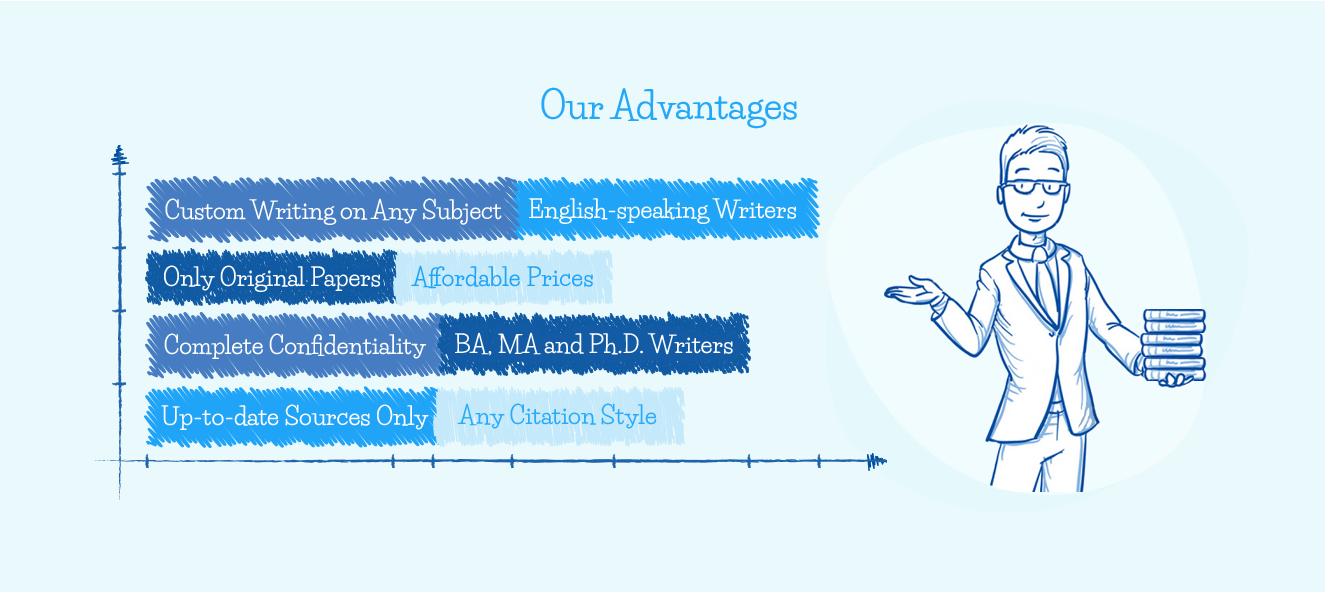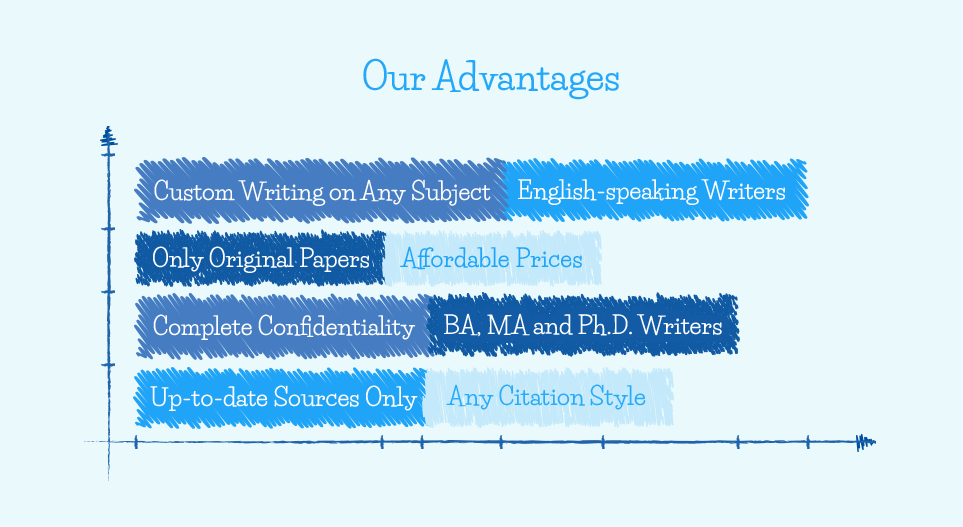Impacts on the Attitude to the World War I: Before and After
Introduction
World War I had been the most violent period of European history with the involvement of all the continent’s major powers after the Napoleonic Wars. Social, cultural, political, technological, and military changes all over the world made the war to be expected by great politicians, militaries, as well as ordinary citizens. Numerous aspects had shaped and mobilized the people’s minds before World War I since people expected the change in their living standards, politicians desired to have the new world balance, and militaries were ready to use their new arsenals of weapons. The tension between European states had shaped the minds with some ideas of militarism and social Darwinism that boosted the idea of war to reestablish the European power balance and improve the living conditions of ordinary citizens. However, the consequences of war with millions of deaths and state poverty had turned social thinking into the route of labor movements, socialism, and liberalism that aimed to prevent war. Thus, the pre-war expectations of World War I dramatically changed after its ending because people experienced such consequences that they had never seen before.
Expectations of War
The socio-cultural attitude to war among European citizens had been shaped by the external and internal politics of European countries, as well as by some dramatic shifts in policy, military technologies, industry, and trade. The pre-war decades were characterized by the first globalization and industrialization processes. The rise of trade and global investments had made Europe responsible for almost two-thirds of the world’s global trade. Although Europe was under the influence of industrialization and new inventions, a great number of ordinary citizens worked in the heavy industries of France and Great Britain. At the first glance, the war in such conditions was rather impossible than expected; however, the socio-cultural, economic, and political expectations were completely different. Many vulnerable economies, such as Germany and its future aliens, truly expected they would change the world trading markets and become involved in global trade. Additionally, those who had already worked in big industries expected an improvement in their working conditions and an increase in salaries.
Many European Powers had been shaped by the ideas of democratization and liberalization that appeared together with industrialization. People’s expectations were oriented on democratic governments and parliaments in their countries that would defeat the interests of the working classes. However, Russia, Austria-Hungary, and Germany referred predominantly to monarchy and the upper class rather than to the parliament and people’s opinion. In such conditions, international tension increased; public opinion was highly polarized and shared some new expectations towards the main tendencies of a new socio-political order.
The international tension between states and policies had induced psychological rivalry among people encouraging them to follow the ideas of nationalism and militarism. Propaganda campaigns had made a great deal in mobilizing people’s minds. Regardless of the early formations of liberal and democratic movements that rejected any idea of war; such concepts as militarism and social Darwinism were still sped more inducing people to boost war to obtain a new world order. Militarists had seen war as a “father of all things” that consisted of destructive as well as creative forces. They claimed that was essential for changing the established order of the European Concert and reconsidering power balances. Additionally, militarists were assured that the war would trigger new processes of industrialization and world trade. Social Darwinists considered that existing international anarchistic systems needed to have a central authority. They believed in the necessity of war preparation for defensive purposes. This position became sharper in the pre-war years being spread all over the world through different propaganda channels.
The population majorities, who could be mobilized for the defense and workers, had been formed under the great influence of socio-political movements and their propaganda. Regardless of spreading different ideas of democratic reformism and economic liberalizations, war supporters appreciated revolutionary violence that was considered to be the inevitable part of the war. However, most of those, who had expected a great war, considered that a possible conflict would look like the Franco-German clash of 1970-71 where the short-term struggle between armies would decide the Victorians of war. International law was oriented on establishing and issuing new regulations that would possibly govern wounded enemy soldiers and war prisoners but did not aim at defeating the non-combatants. Thus, women, children, and elderly people were not protected from the violence of war. No one expected to ultimately become the people’s war with millions of deaths and dramatic changes in technologies and military organization.
The system of alliances and world power balance had influenced socio-political and cultural tendencies. Thus, the ideas of nationalism, social Darwinism, imperialism, and militarism had been spread through newspaper press becoming the main themes of political and social debates. All these concepts justified the armies’ and navies’ expenses. There were a lot of speculations before and during the war that influenced the people’s attitudes toward future events. Thus, there were a lot of short stories, novels, and serialized accounts in magazines that aimed at mobilizing the minds of ordinary citizens to defeat their fatherlands. However, these stories did not provide a real picture of welfare development and industrialization.
Being encouraged by the idea of modern nationalism people boosted some tensions that had arisen in Europe in pre-war years. The Franco-German rivalry concerning the German annexation of Alsace-Lorraine and the Russian Hungarian struggle for hegemony in the Balkans had induced French, German, and Slavic nationalism. The Concert of Europe, which was considered to be the main international political institution, was too weak to ensure peace. Therefore, the international society was concerned about the idea of establishing a new power balance. Additionally, many European colonies in Asia and Africa had been waiting for the new world order whereas the great world powers were having a clash of their interests in that sphere. Additionally, Germany desired to accelerate their navy rearming under the influence of the British navy and military forces.
Post-War Considerations
Post-war Europe was exhausted and devastated that consequently led to profound changes in socio-cultural and political thinking. Many technological, medical, as well as social behavior changes, occurred after the First World War. Overthrowing of aristocracy and diminishing of its role induced great socialist and labor movements that, in turn, were accompanied by the ideas of communism and fascism. The shifts in military organization, tactics, technologies, and weapons dramatically changed people’s expectations of wars.
The war brought horrendous human deaths (more than 16 million people) that had been never seen before. The entire generation of young men died in the war. The tragedy potential of the Great War was described by all writers, teachers, and inventors. Naturally, the people’s socio-political attitude towards war changed. However, despite the destructive impact of World War I, many new developmental steps were made in medicine, warfare, as well as social and political attitudes.
The pre-war status quo in society was not possible anymore, and after suffering great losses in the war, the pre-war upper classes declined, and reconsideration of European class structures occurred. Consequently, industrialization and trade unionism afforded the working class with a greater socio-political representation. The armies had also promoted new soldiers and officers from humble backgrounds because they did not want to continue struggling for the interests of the upper classes. Additionally, Christian socialism, being triggered by war, forced women to go into jobs. As a result, the post-war society boosted the ideas of female emancipation. It also induced peace movements with the aim of social arrangement.
How it works
Step 1
Visit our website and go to the order formStep 2
Fill in specific essay details in your order description sectionStep 3
Pay for your custom essay and get your order verifiedStep 4
Process of writing your academic assignmentStep 5
Editing and anti-plagiarism checkStep 6
On-time delivery of an already written essayReconsidering the class-structured society had induced a great rise of labor and socialist movements in Europe after the First World War in comparison with pre-war years. Socialists and factory laborers started agitating for peace that happened in 1917 with the Russian revolution. After taking power in Russia, Bolsheviks insisted on the vast nationalism program and planned economy that had their adherents in European countries, especially after the hyperinflation in 1920 and the Great Crisis in 1928. Thus, the post-war values had changed dramatically; and people strived for equality, free labor, and peace at any rate.
Additionally, modern surgery and medicine became the main shape after the military hospitals had worked as theaters of experimental medicine. Millions of surviving veterans were maimed and disfigured. The great development of blood banks was established. Many physicians started studying the post-war emotional stress added to a physical one. Shell and traumatic shocks were considered the main symptoms of post-traumatic stress disorder. People understood the aftermaths of war not only for the global world and states but for a single individual too.
Conclusion
In conclusion, the pre and after World War I expectations have some differences because people experienced such horrible consequences that they had never seen before. The main reason why the war was appreciated in pre-1914 was the state’s desire to change the global power balance, expectations to reestablish the current trading markets, and desire for territorial expiations and influence. These tendencies had shaped the people’s attitude to war popularizing militarism and social Darwinism and awakening the inspiration for better living and working conditions. However, the aftermaths of World War I turned people’s minds into a source of pacifism and emancipation, as well as the ideas of socialism aiming at peaceful living for the benefit of the fatherland.

















